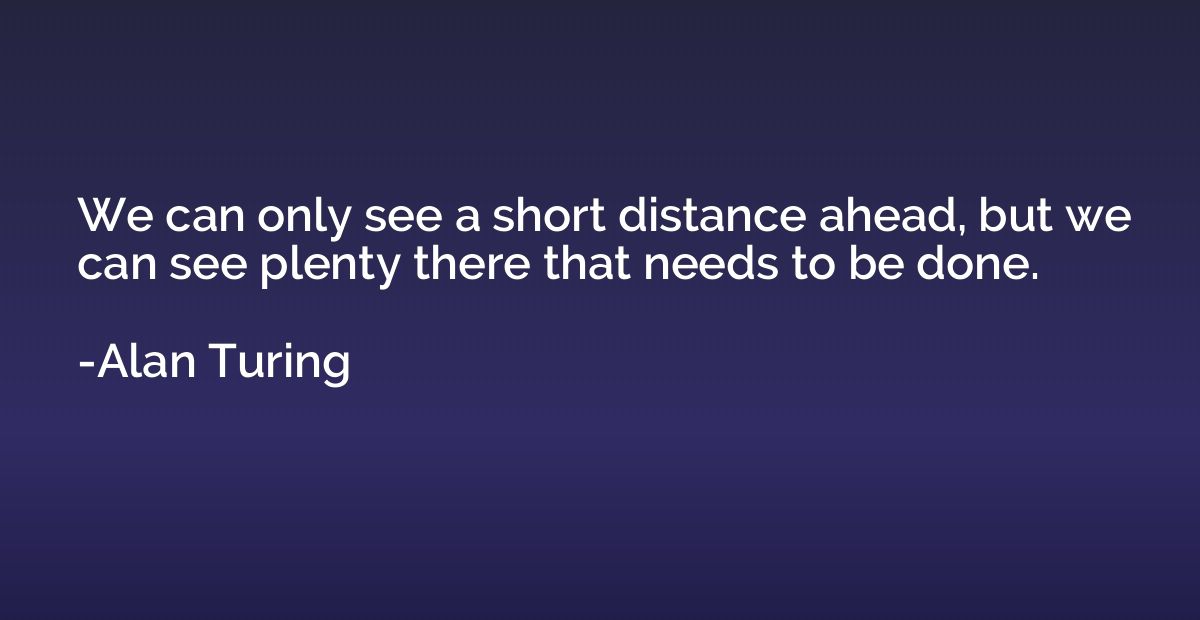Summary
This quote suggests that perceptions of what is considered sinful may vary depending on the cultural or social context. What may be considered a sin in one geographical location may not be seen as such in another. The quote implies that moral standards and values are subjective and can be influenced by the beliefs, customs, and traditions of different regions or societies. It highlights the relativistic nature of sin and implies that human interpretations of right and wrong can differ based on geographical boundaries.















